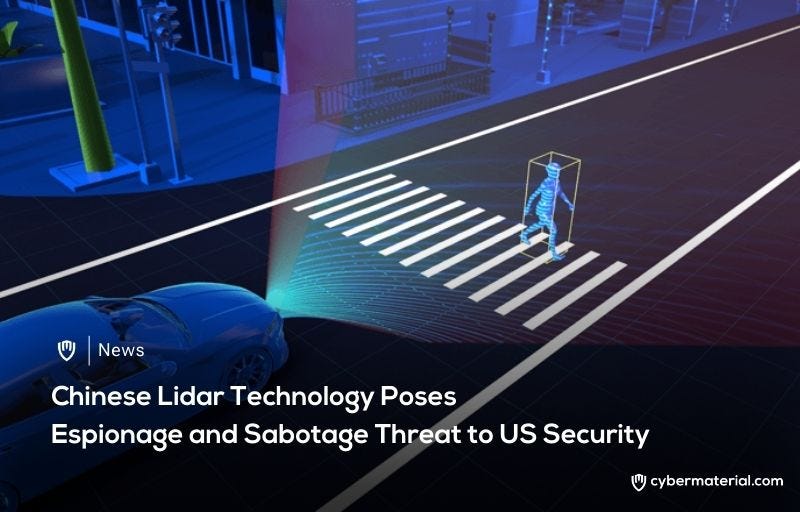
A new report from the Foundation for Defense of Democracies highlights the growing concerns surrounding China’s increasing control over the global lidar (light detection and ranging) technology marke…

A new report from the Foundation for Defense of Democracies highlights the growing concerns surrounding China’s increasing control over the global lidar (light detection and ranging) technology marke…